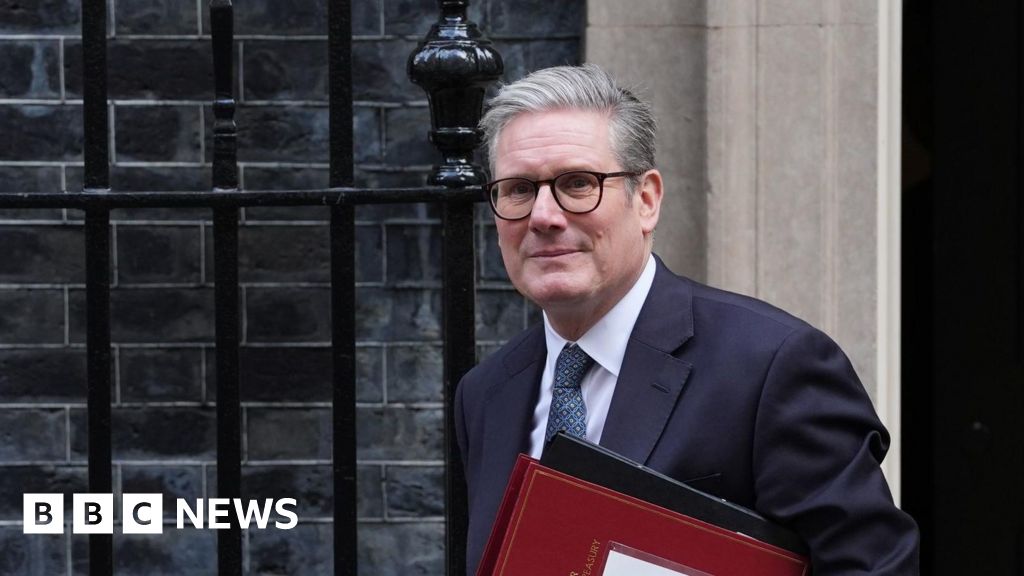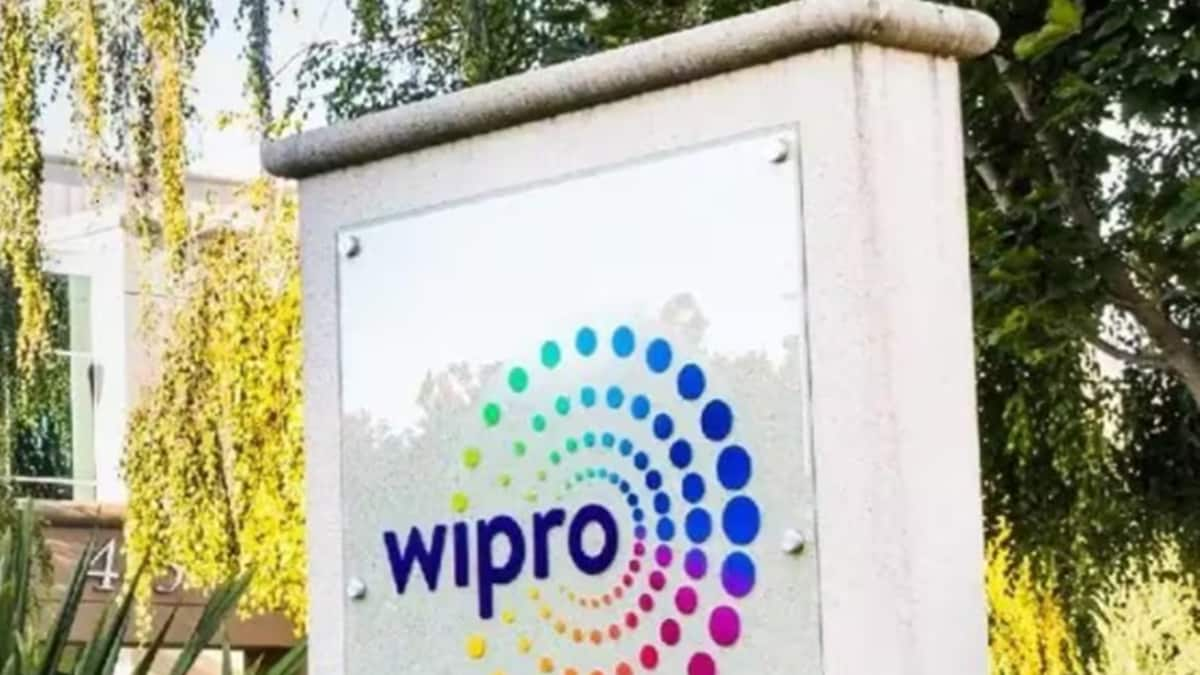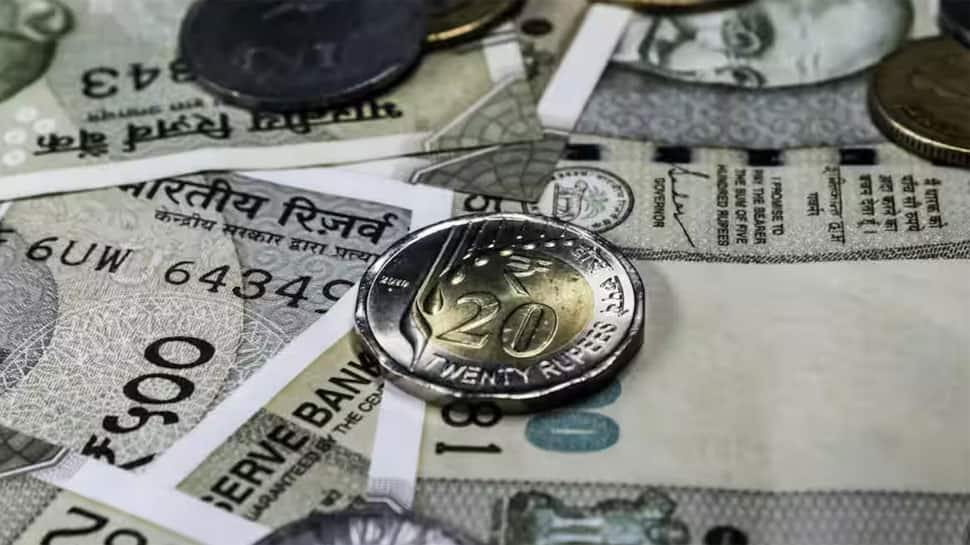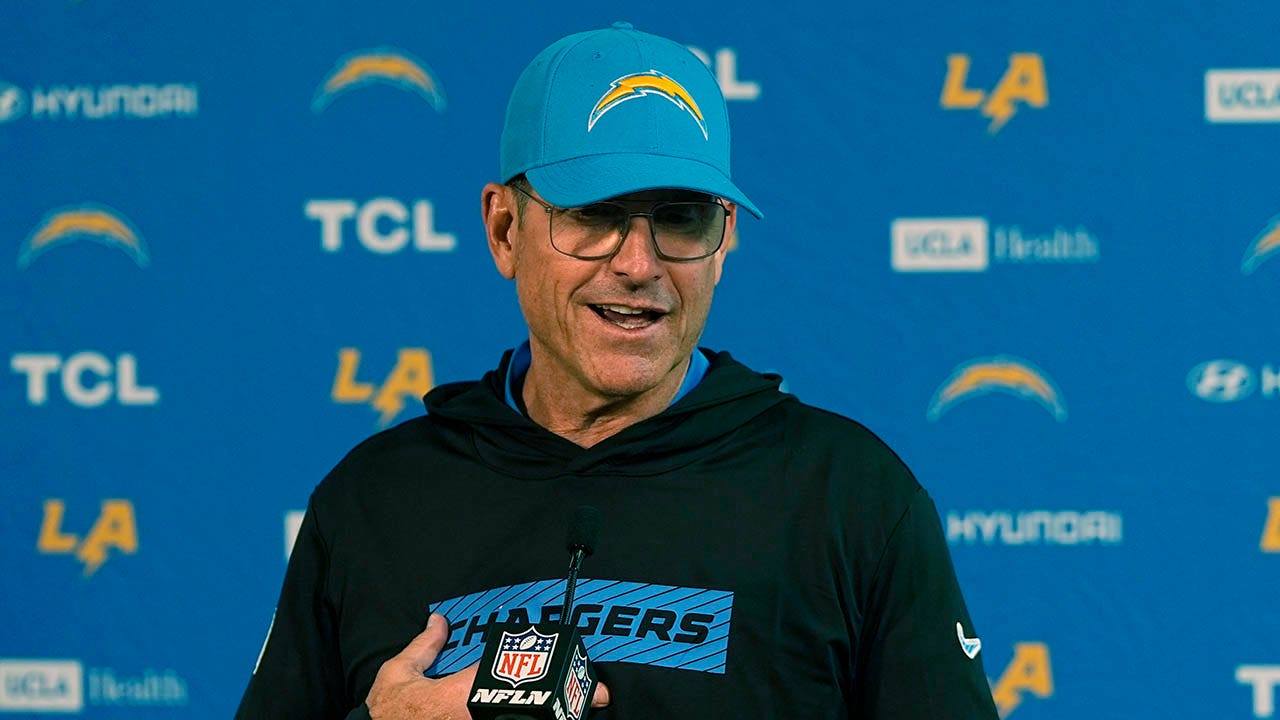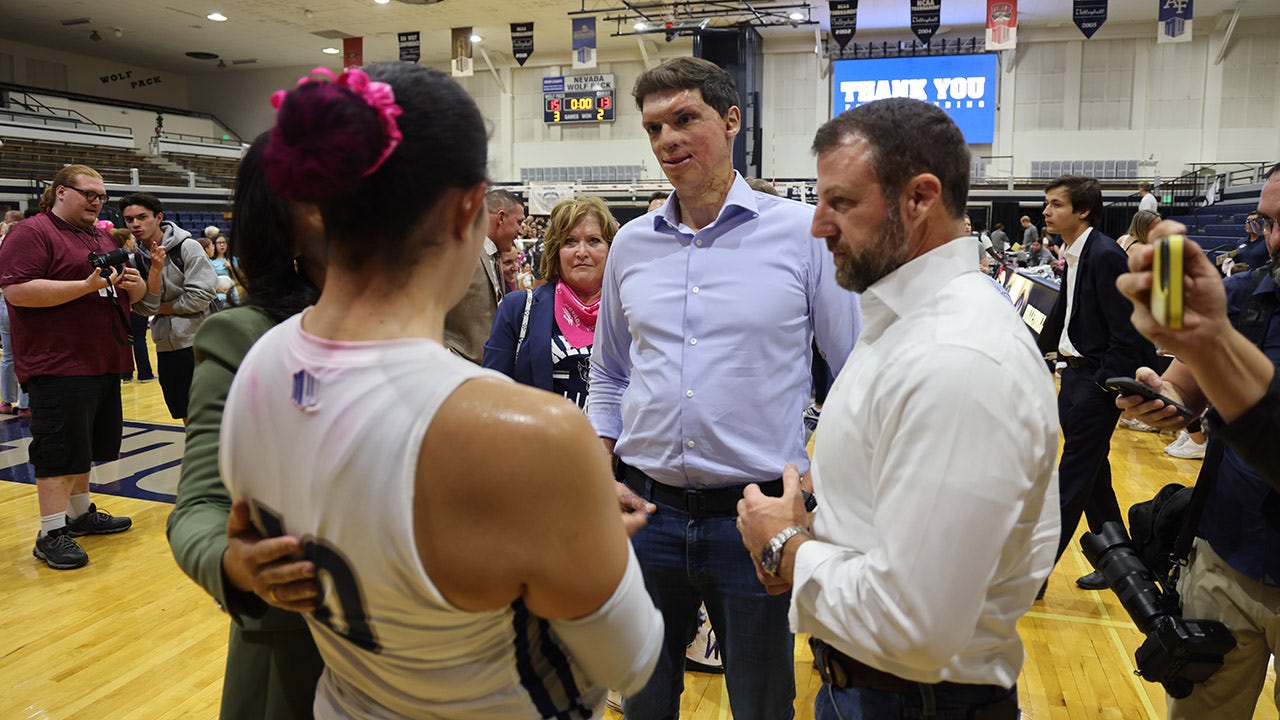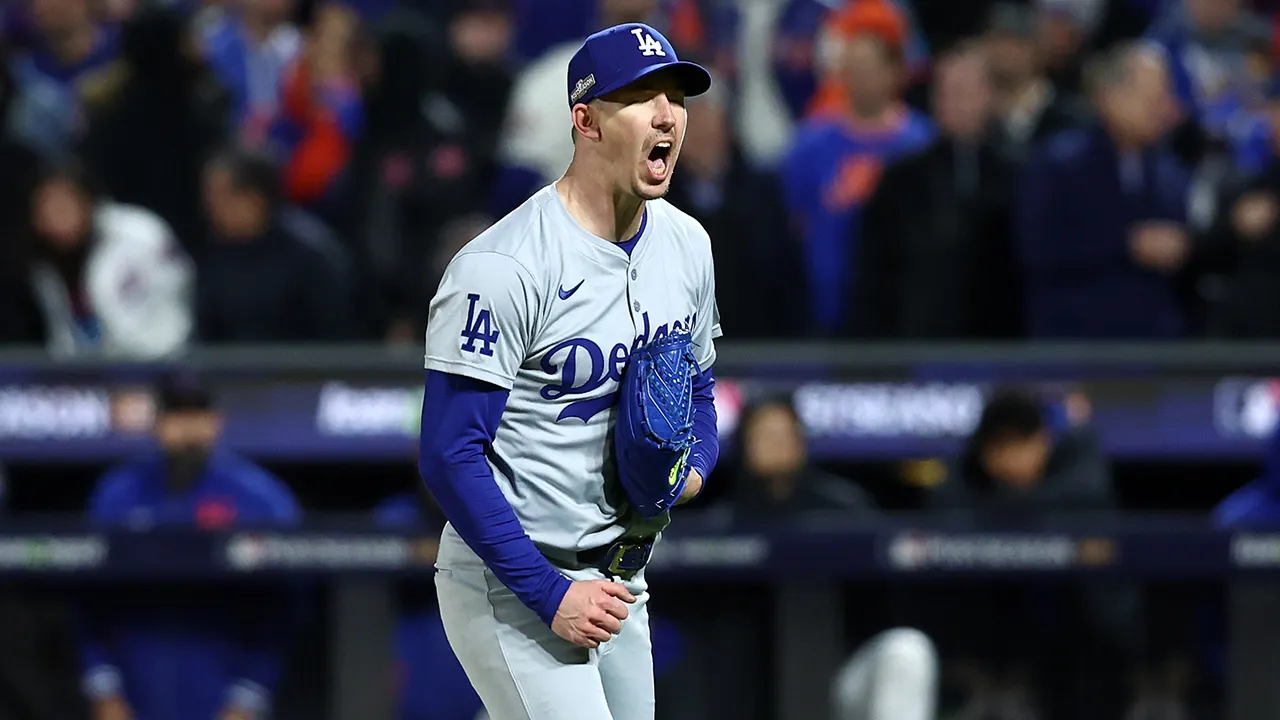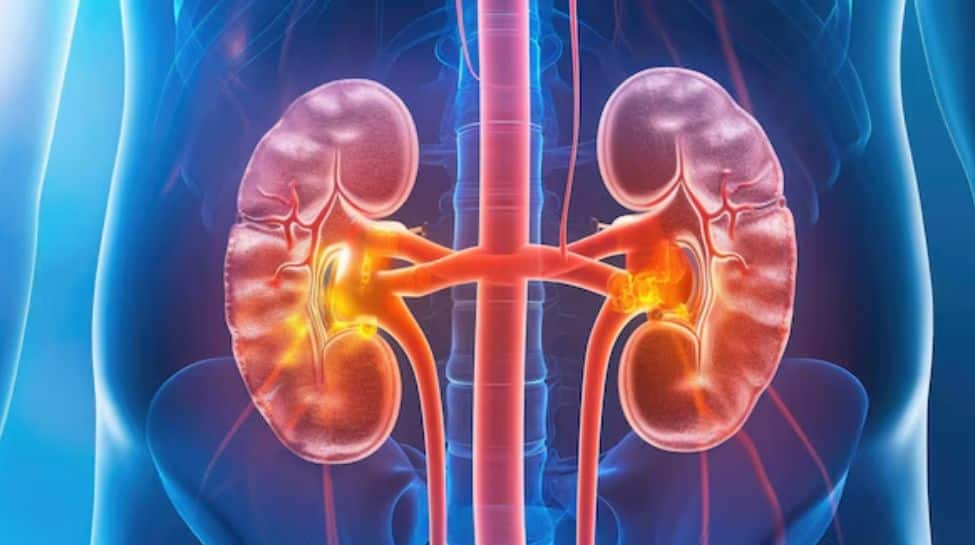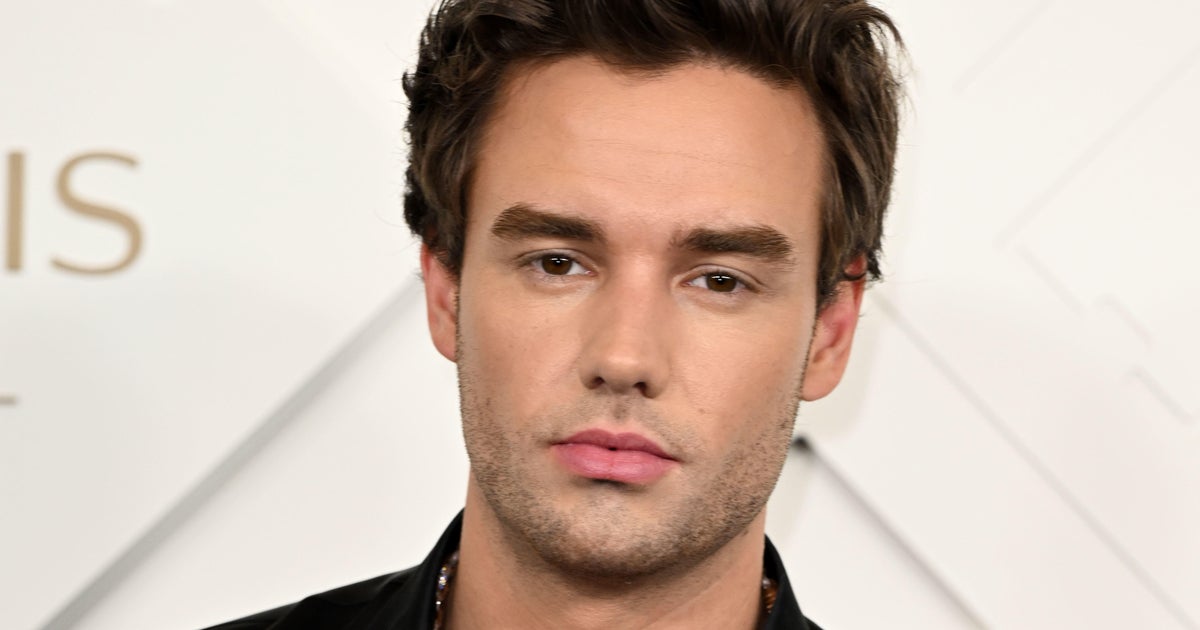The interlude gave body and soul a brief respite from all the portentous solemnity of a ceremony that marched in time to tradition but at times felt out of step with this world. It was for the choir an intriguing return to royal duty: Its members also performed in 2018 at the wedding of Prince Harry and Meghan Markle.
Still, the Ascension Choir’s vivacity did not visibly lift the spirits of the man for whom all this pomp was painstakingly orchestrated.
A TV viewer gazed upon the grimacing, slightly anxious visage of King Charles III, newly elevated yet straining under the weight of his bejeweled headwear. What came instantly to mind was the wisdom Shakespeare inscribed in “Henry IV, Part II”: “Uneasy lies the head that wears the crown.”
It was thanks to superb camera work inside Westminster Abbey that a worldwide viewership could closely study the features of Charles and the new Queen Camilla. But the king missed this prime opportunity to project confidence, or even warmth. Is there some royal mandate for looking grim under such circumstances?
The cameras showed off to greater advantage the British gift for breathtaking pageantry. Even on a drizzly London day, the scale and precision of 4,000 members of the military, many on horseback, parading from Buckingham Palace to Westminster, gave the occasion an impressive, cinematic sheen. A nation that has put together awe-inspiring processions at least since the age of the Mystery Plays knows exactly how to stage this stuff — and sometimes even over-stage it. The extravagant 18th-century Gold State Coach, for instance, seemed to swallow up the king and queen, as if they had to get home before their conveyance turned back into a pumpkin.
Inside the abbey, the service illuminated the king’s dual roles as head of state and head of the Church of England. The symbols of wealth, faith and power intermingled theatrically, in ways that are foreign to American viewers. (Britain has no codified Constitution.) The Archbishop of Canterbury presided over the king’s anointment with holy oil. A handsome screen was brought out for modesty’s sake to hide Charles as he bared his chest for the ritual. As if to underline the British unity of church and state, Prime Minister Rishi Sunak was given a supporting part, in the form of a short reading from the pulpit.
Arrayed on the altar in Westminster were the contents of what had to be the most expensive prop table ever arranged: swords encrusted with precious gems; immense gold platters; sparkling crowns with rims of ermine that would be fitted on the sovereigns’ heads.
Some of the regalia seemed as apt for Monty Python as for a coronation: After his anointment, the king was helped into a coat of embroidered gold — called, yes, a “super tunica.” And among the objects presented to him by representatives of religious denominations were items that might have been dreamed up by J.K. Rowling: most notable being the “bracelets of sincerity and wisdom.”
The king, who loves choral music, had a dozen pieces commissioned for the event, including compositions by the movie score maestro Patrick Doyle and the Broadway and West End composer Andrew Lloyd Webber. These pieces managed to bathe the abbey in divine sound, much as the members of the Ascension Choir served as spiritual ambassadors from the 21st century.
As in theater, the coronation transcended its starchier inclinations when emotion interrupted the rite — when, for instance, the Prince of Wales planted a kiss on his father’s cheek in church. Or even when the members of the armed forces, lined up en masse on a verdant Buckingham Palace lawn, let out a booming chorus of “Hip-hip hurrah” to the king.
It would be interesting to know what Charles was thinking at these moments, behind that mask. If Shakespeare is any guide, the impact must have been profound. As the playwright had Henry V say after his own coronation: “Presume not that I am the thing I was. For God doth know, so shall the world perceive.”







